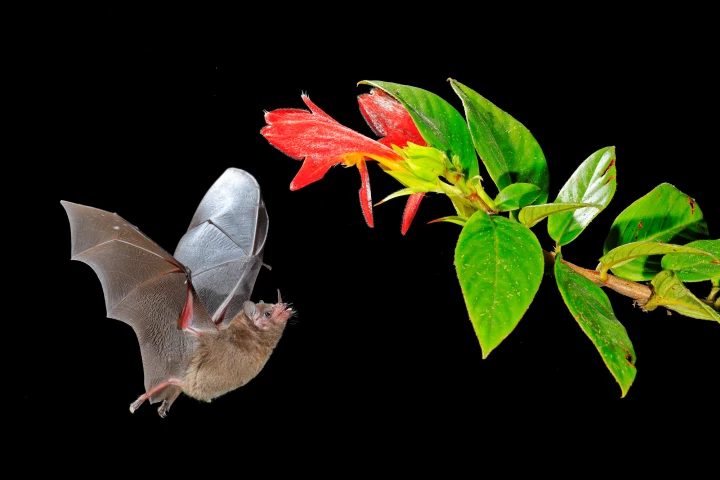Dartmouth College
-
Love them or hate them, chatbots are here to stay. And while an increasing number of people have been turning to bots like Claude and ChatGPT for help, there's only anecdotal evidence as to their mental health usefulness. That is, until now.
-
A new kind of 3D display could take the form of an acrylic cube with an image inside, which can be erased and rewritten to easily. The new technique can be used to make 2D, 3D and even animated images.
-
Imagine waking up one day and seeing every face distorted into demonic proportions. That’s reality for patients with a rare condition called prosopometamorphopsia (PMO), and a unique case study has now given us a glimpse through their eyes.
-
MoodCapture will use your smartphone camera as you unlock the screen to assess facial expressions and backgrounds for depression severity. While the app is still in development, the team says it represents a breakthrough in personal diagnostic medicine.
-
Using high-speed infrared cameras, researchers have discovered that the whiskers on long-tongued bats help them expertly extract nectar from flowers, sometimes as quickly as a half-second. The finding could help inform conservation efforts.
-
New research has approached the relationship between exercise and brain health with a long-term view, tapping into a year’s worth of Fitbit data to gauge the impacts of different types of physical activity, and turned up some interesting results.
-
Engineers at Dartmouth College have developed a new crystal structure that can stretch to twice its size when it encounters a specific chemical. The team says that the material could be used to selectively absorb impurities in water.
-
Archaeologists have discovered one of the oldest examples of alcohol consumption. Ancient pots dating back 9,000 years have been found to contain traces of an early form of beer, which seems to have been used as part of a ritual honoring the dead.
-
Ordinarily, if you want to separate two objects that are glued together, harsh solvents or mechanical force are required – either one could damage the items. A new glue, however, releases its bond by simply turning to gas.
-
Imagine if your tablecloth could alert you to the whereabouts of misplaced items, or track your diet? Those things and more may soon be possible, thanks to a new "smart" fabric being developed at New Hampshire's Dartmouth College.
-
How cancer develops is a complex puzzle, involving untold moving parts and chemical reactions. Now, scientists have found how two of these pieces work together to prevent cancer forming, which could unlock new types of cancer treatments.
-
Ordinarily, when employers wish to assess the performance of employees, they have them fill out questionnaires or take part in interviews. A new (and perhaps somewhat Orwellian) system is claimed to be more objective and thus more accurate, however, by utilizing smartphones and fitness trackers.
Load More










